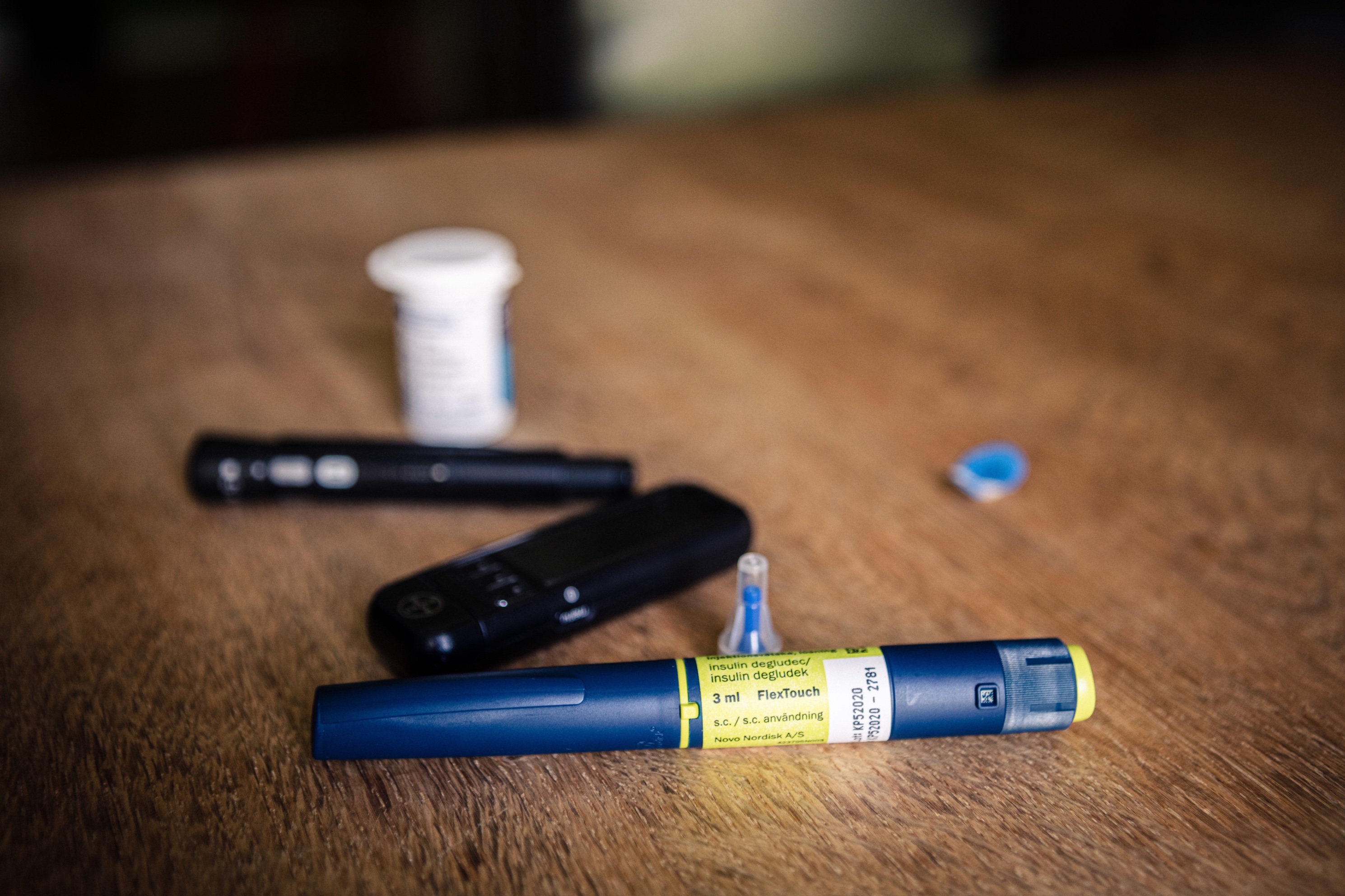Ministry of Public Health Thailand, WHO Regional Office for South-East Asia
Thailand’s National Diabetes Remission Programme. Strengthening comprehensive diabetes care with innovative approaches (2026 case study)
Case study
26 Feb 2026
05 Jul 2023

A decade since the discovery of insulin,the increasing prevalence of type1 diabetes mellitus (T1DM) has underscored the prevailing inequalities in the provision of essential care for T1DM worldwide. However, the details on the availability of insulin types and associated medical devices remain unclear. A cross-sectional electronic survey was distributed across a global network of pediatric societies under the umbrella of the International Pediatric Association (IPA). Access to and availability of pediatric diabetes care were investigated using standardized questions. Responses from 25 of 132 pediatric societies across six regions were included. Pediatric endocrinologists typically manage T1DM together with pediatricians or adult endocrinologists. Nonetheless, 24% of the respondents reported pediatricians to be the sole healthcare professionals. According to the respondents, the patients were either partially or completely responsible for payments of insulin (40%), A1C (24%), C-peptide (28%), and antibody testing for diagnosis (28%). Government support is generally available for insulin, but this was merely 20% for insulin pumps and 12% for continuous glucose monitors. There are considerable disparities in the access, availability, and affordability of diabetes testing, medications, and support between countries with significant out-of-pocket payments for care. Country- and region-specific improvements to national programs are necessary to achieve optimal pediatric diabetes care globally.